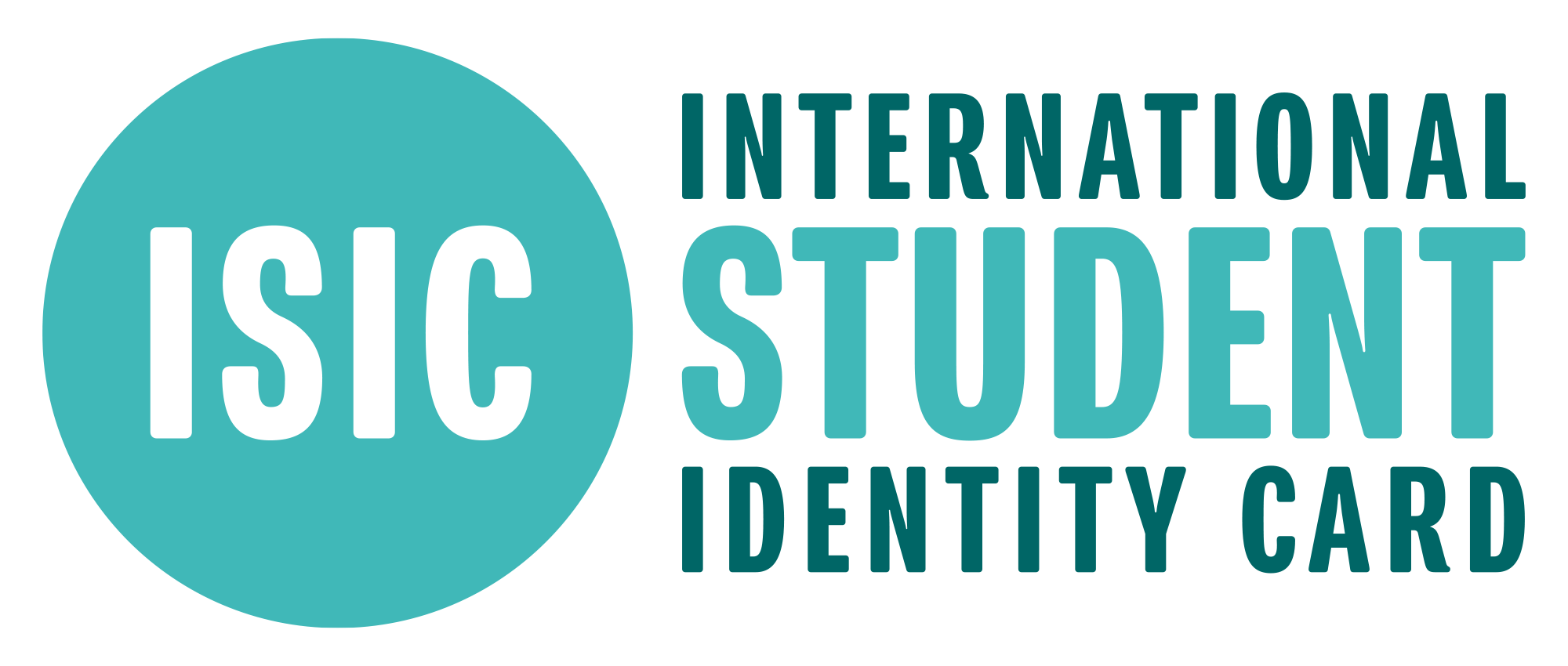
10 tips for building your resume
How to build an impressive resume
The moment is coming closer and closer, sooner than you think… Graduation! Time to say goodbye to the amazing student life and to say hello to your first job! Sadly, it’s not always easy to find an amazing job. Employers get hundreds of applications and look at every resume for approximately 20 seconds before moving on to the next one. So it is every important to make your resume stand out! We’ll give you 10 great tips on how to build your resume to get a head start on your competition.
# Have a side job
With a side job you will not only gain valuable work experience, but it also shows you’re motivated and ambitious. Employers value previous jobs, because you will build basic professional skills and get used to working in a professional environment. If you can get a side job in the area you’re studying in you will also build your network early, which can be valuable when asking for recommendations.
# Do an internship
Not everyone enjoys interning. It’s often hard work for little pay, but it is an invaluable experience. An internship gives you the opportunity to try out a job with pretty low stakes and gain some practical experience in your future work field. It is also good for your network, as mentioned previously. Even if an internship isn’t a mandatory part of your studies, try to do one anyway. Make sure you really clearly state on your CV what your responsibilities were during your internship. Don’t be shy!
# Have some international experience
Are you considering studying of interning abroad? Do it! Next to the fact that it will be an amazing adventure, you will also improve your language and communication skills and develop amazing adaptability. Experience abroad can give you an advantage in international oriented jobs, if that’s something you’re interested in. It shows courage and spirit, which might be interesting to future employers.
# Join a student Association
Being a member of a student association will not only give you the opportunity to drink, party and make friends, but also to build your network and gain professional skills on committees. It is a good way to practice planning and organizational skills and you can totally mention that experience in the job application process!

# Join a study association
You might think: didn’t you just mention that one? Yes and no. Usually a student association is a city-wide organization, which doesn’t differentiate fields of study. Study associations are aimed specificly at a certain faculty or field of study. They also have the benefit of parties and committees, like the student associations, and as an added bonus they also often offer talks or seminars in your field. Sometimes they even have job fairs or network events with future employers.
# Do the Honoursprogram
A honoursprogram is a step up from your regular study plan and is specifically designed for extra motivated and talented students. Various universities (of applied sciences) offer programs like this. You will need to apply with high grades and high motivation, but it is a very good way to widen and deepen knowledge and skills in your field of work. It will look incredibly good on any resume.
# Keep a portfolio
During your studies you will probably complete several projects and assignments. Keep these in a portfolio! You will be able to showcase your work, even if you have very little practical experience. This is especially important for those doing design or art-based work. Having a well organised portfolio also sends the message that you are a professional and will work well in an organizational context.
# Volunteer
Volunteering can also bring you ahead of the curve. It shows commitment and enthusiasm, and you can gain practical work experience as well. Doing something for wider society in your free time will look good on your resume, which will bring you one step closer to your dream job.

# Create a LinkedIn profile
Start your LinkedIn profile as early as possible and keep it updated regularly, so that at the end of your studies, you basically have a fully filled out digital resume. Using LinkedIn regularly can grow your network and give you the ability to ask for digital recommendations. Use a strong headline and appropriate job titles and descriptions to increase your chances of being found by recruiters in your field.
# Write your thesis about a topic that interests you
See your thesis or dissertation as an opportunity to explore your field of study. Many combine internships with their dissertations to bridge the gap between theory and practice. Don’t feel shy to contact organizations that inspire you or where you would like to work with a thesis or dissertation proposal. Of course, writing your thesis about a topic that interests you also just makes it way less miserable!

Use these tips to build your resume and you will find your dream job in no time! Good luck.
 Get your ISIC card
EUR 12
Get your ISIC card
EUR 12



